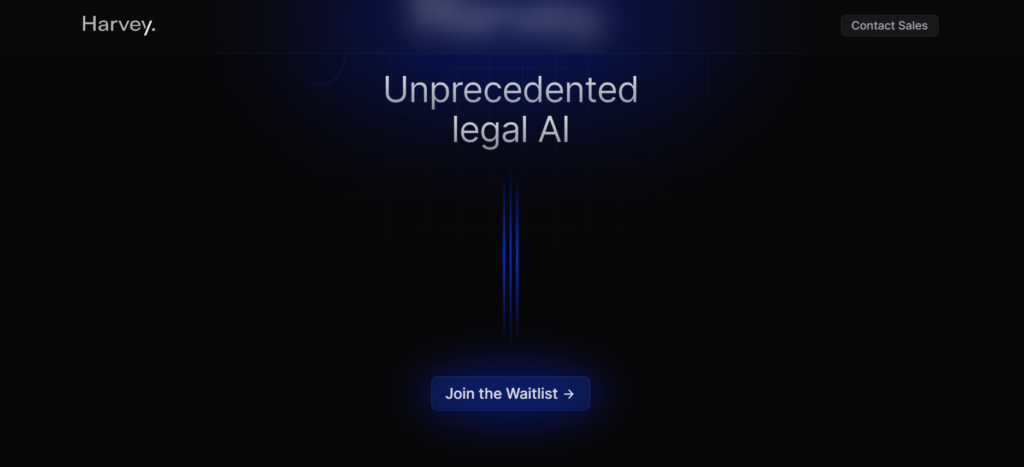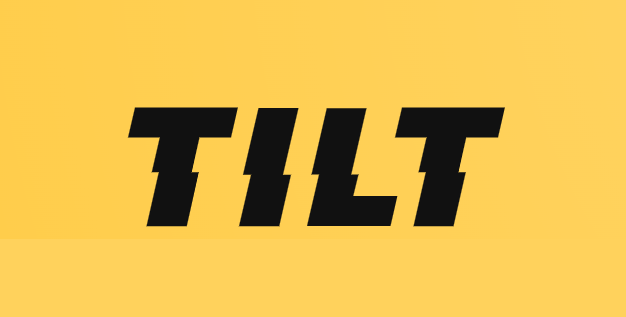Allen & Overy, a leading global law firm and member of the highly acclaimed Magic Circle, announced last week that it’s integrating GPT tech into its core legal work. The firm’s goal is to have 3,500 lawyers from 43 offices across the globe using the platform: Harvey.
Harvey uses open AI models, tweaked for the legal industry. It was created by a startup — also called Harvey — which raised USD 5 million last November in a funding round led by OpenAI, with participation from angel investors including Google AI lead Jeff Dean.
Since coming out, the news has almost broken the internet for legal professionals. We tip our hats to A&O and its marketing team for the “wow” factor of this moment. And it’s boosted by the veil of exclusivity surrounding the Harvey project. Harvey brands itself as “generative AI for elite law firms.” Its website looks like it’s advertising an exclusive gentlemen’s club, providing no information — just a waiting list signup form. In a way, this is the inverse to the concept of open AI as being available to everyone. However, it’s perfectly suited to lawyers — who always seek exclusivity.

A&O plans to use Harvey for contract analysis, due diligence, litigation and compliance, it’s said in a public statement. Harvey’s outputs will help A&O’s lawyers to “generate insights, recommendations and predictions based on large volumes of data, enabling [them] to deliver faster, smarter and more cost-effective solutions to their clients.” We can assume that A&O is confident in this project, given that it will be implemented at scale following (only) 3 months of testing.
Harvey is already fit for purpose and will only get better with time, said A&O’s Europe Legal Tech Manager Henrik Wehrs in a recent LinkedIn post. This is a reasonable assertion, given that AI tools — by their very nature — consistently improve in performance and output quality as they’re fed new data. Still, Harvey is intended to serve as an aid — not a replacement — for human activity, according to A&O representatives, including Wehrs. The firm has said clearly that lawyers will check and oversee any outputs that the platform delivers.
Harvey is a game-changer for the legal industry, set to bring enormous value to clients, said Wim Dejonghe, A&O Senior Partner, in a recent statement. A&O Partner David Wakeling has seconded this assertion. Harvey isn’t being adopted as a cost-cutting measure but to improve service quality, said Wakeling in a recent conversation with the Financial Times (FT). In other words, Harvey won’t replace A&O’s lawyers, but the firm will expect its people to acquire new tech skills and use the platform.
Still, despite the hype and optimism around this announcement, there are some skeptics. Cantellus Group CEO Karen Silverman is among them. As Harvey is likely to be in the early stages of development, it probably isn’t ready to be used for serious legal work, she’s quoted in the FT as saying.
It remains to be seen whether A&O’s adoption of Harvey is primarily an experiment with a strong PR component, or the start of a new trend in the legal industry. It will also be interesting to see if any law firms from the CEE region who work closely with A&O will get to experience Harvey on more complex projects.
Authors: Vojislav Bajić, Lucy Marx
